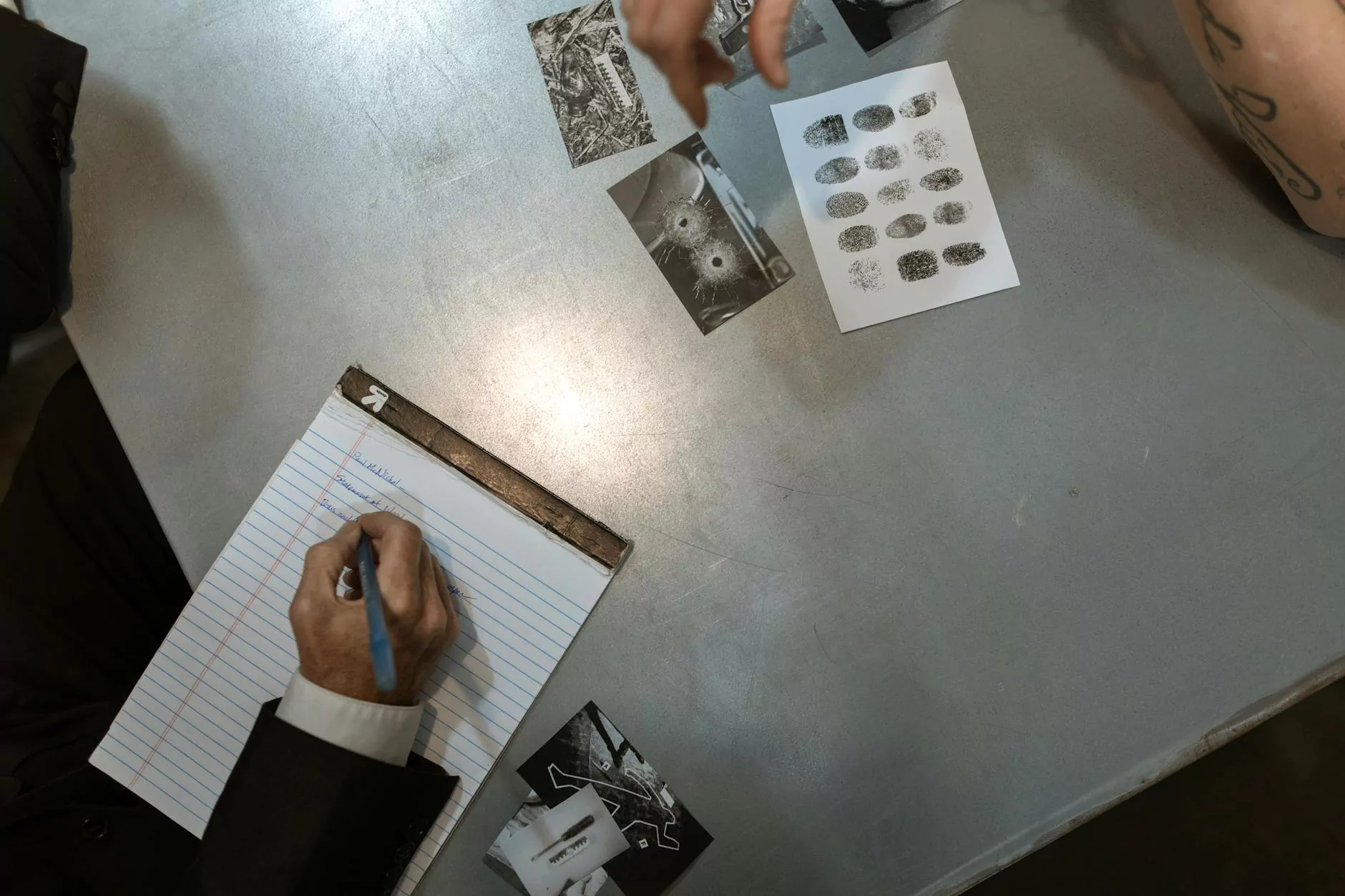Essential Qualities of a Team Player
Book Reports
Introduction
Being a team player is crucial in today's fast-paced and interconnected world. Teams are the backbone of any successful organization, and individuals who possess essential qualities of a team player are highly sought after. In this essay, we will explore the key characteristics that make a great team player, their importance in fostering a positive team dynamic, and how you can develop these qualities to excel in any team environment.
1. Communication Skills
Effective communication lies at the core of successful teamwork. A team player should possess excellent verbal and written communication skills to convey ideas, listen actively, and provide constructive feedback. Clear and concise communication helps prevent misunderstandings, promotes collaboration, and ensures everyone is on the same page. Moreover, being an active listener promotes understanding and shows respect for the opinions of others.
2. Reliability and Dependability
Reliability and dependability are essential qualities that build trust within a team. A team player should consistently deliver high-quality work, meet deadlines, and fulfill commitments. Being reliable and dependable creates a sense of security within the team, as everyone can rely on each other to get the job done. It also fosters accountability and strengthens the team's overall performance.
3. Adaptability
Change is inevitable in any team or work environment. A team player should be adaptable to new situations, open to feedback, and willing to embrace new ideas. Being flexible allows team members to pivot when faced with challenges or unexpected circumstances. An adaptable team player can adjust their approach, seek innovative solutions, and contribute to the team's success, even in rapidly evolving situations.
4. Collaboration
Teamwork is all about collaboration and synergy. A team player should possess strong collaborative skills, actively participate in team discussions, and contribute to the collective decision-making process. Collaborative team players value diversity of perspectives and leverage the strengths of each team member to achieve common goals. They foster a positive team culture, where individuals feel heard, valued, and motivated to give their best.
5. Problem-Solving
Every team faces challenges and obstacles that require effective problem-solving skills. A team player should be proactive in identifying problems, analyzing situations, and proposing solutions. They approach challenges with a positive attitude, think critically, and encourage innovative thinking within the team. A strong problem-solving ability helps teams overcome hurdles, generate creative solutions, and continuously improve their performance.
6. Emotional Intelligence
Emotional intelligence is the ability to understand and manage emotions, both in oneself and others. A team player with high emotional intelligence can navigate conflicts, resolve disagreements, and maintain harmonious relationships within the team. They are empathetic, assertive, and adept at handling interpersonal dynamics. Emotional intelligence enhances communication, promotes trust, and fosters a supportive team environment.
7. Leadership
A team player can also possess leadership qualities without holding a formal leadership role. Leadership qualities include being proactive, taking initiative, motivating others, and inspiring the team to achieve its goals. A team player with leadership skills takes responsibility, sets a positive example, and creates a vision that aligns with the team's objectives. They empower others and help bring out the best in each team member.
Conclusion
In conclusion, being a team player is not just about being present but actively contributing to the team's success. The essential qualities of a team player, including effective communication skills, reliability, adaptability, collaboration, problem-solving ability, emotional intelligence, and leadership, are key to fostering a positive and thriving team dynamic. By developing these qualities, you can become a valuable asset to any team and help create a culture of excellence, collaboration, and achievement.









